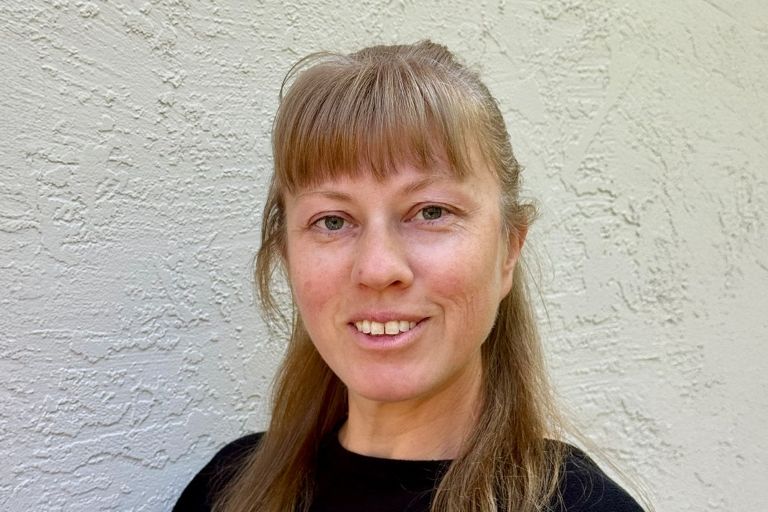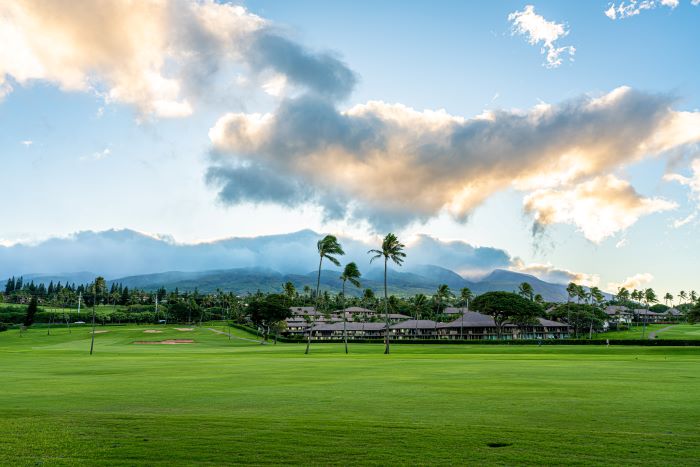In recent months the policy team here at the IA has continued to engage with state legislative efforts and regulatory proceedings that would require all new irrigation controllers to be WaterSense labeled. While these requirements appear to be simple on the surface, there are many unresolved issues with the scope and implementation of these requirements. Two noteworthy issues include: (1) What is the scope of the requirement? Does it apply to both landscape and ag controllers? And what about hose bib, battery-powered and temporary controllers? (2) Will irrigation controllers and any add-ons or plug-ins be required to be packaged together? Or can they continue to be sold separately as contemplated and allowed under the WaterSense program?
In 2023 the State of Colorado passed HB 1161 requiring the sale of WaterSense irrigation controllers starting Jan. 1, 2026. The law also includes a check valve requirement related spray sprinkler bodies, which is giving rise to its own implementation questions. There has been some confusion and conflicting messaging about exactly how the irrigation controller and check valve requirements will be interpreted and applied. The state recently assigned staff from the Colorado Department of Public Health and the Environment with implementing the law, and the Associated Landscape Contractors of Colorado, the IA and a number of members and irrigation companies met with CDPHE in mid-April. Efforts in Colorado are ongoing.
The California Energy Commission has been working on a rulemaking for several years, and the IA and its members continue to engage directly with the CEC, including those involved in both the landscape and agricultural irrigation sides of the industry. The CEC is the only rulemaking contemplating including those designed and marketed for agricultural purposes. There are a wide range of issues with the CEC’s proposed approach, and both formal and informal engagements efforts are ongoing.
In the State of Illinois, H.B. 1612 was recently introduced to require WaterSense controllers, but it has stalled. We coordinated with efficiency advocates and communicated with Landscape Illinois, the statewide association for landscape professionals, and we explained why the language in the bill is unclear and could create implementation challenges.
Based on the spread of state-level activity, we will continue to work on the active efforts in California and Colorado and also plan ahead for addressing this issue more wholistically before the 2026 state legislative season. This will include engagement with national advocacy organizations that promote product efficiency standards across multiple states. We support the goal of increased water efficiency, and this is why the IA and its members have been so engaged with WaterSense. States creating their own standards will increase cost and complexity rather than build on the established and proven WaterSense program, which works for both end users and the industry.





